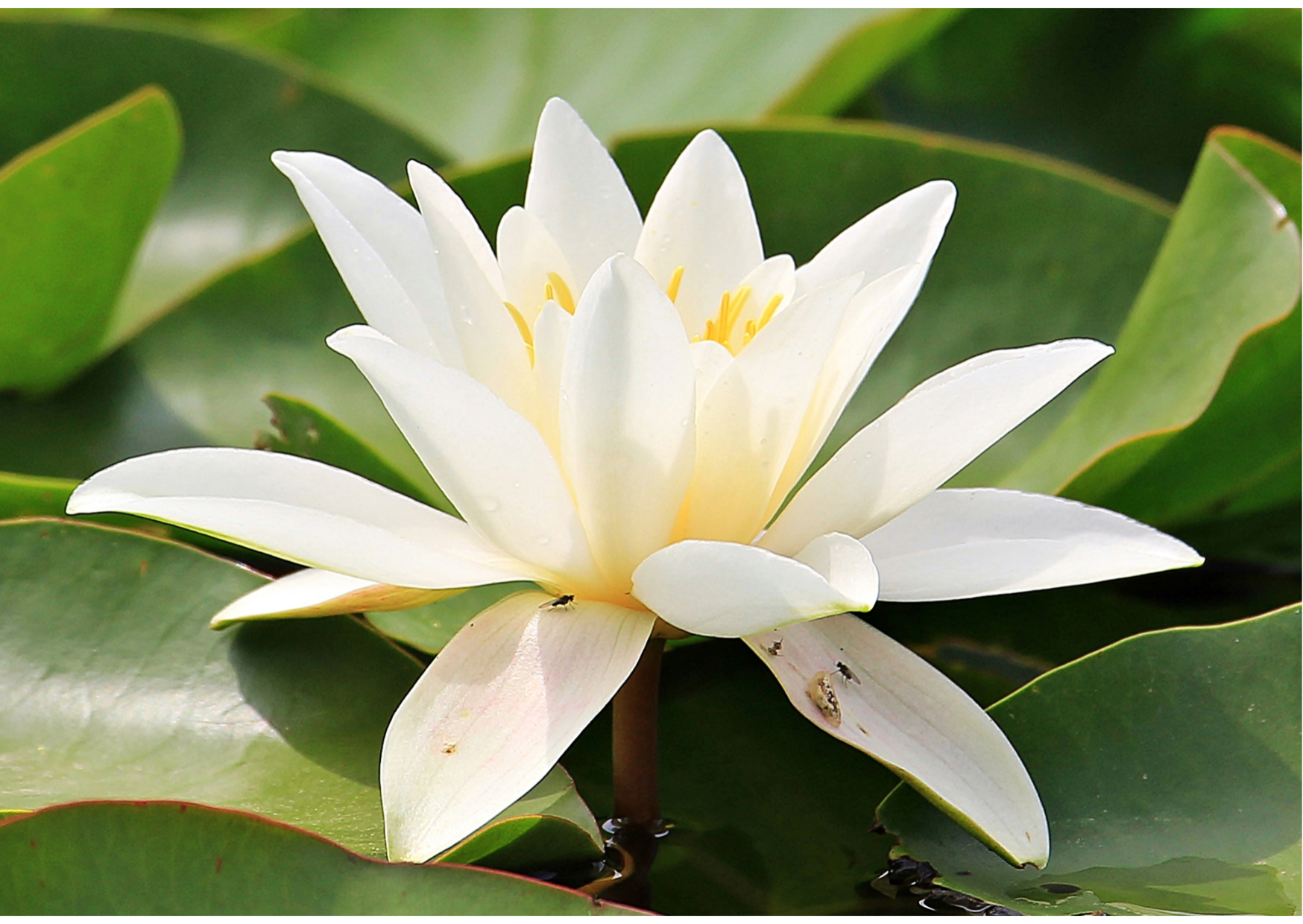School of Philosophy & Economic Science
About Us
Our School aims to inspire and guide students towards a more fulfilling and productive life while nurturing their spiritual growth and encouraging them to serve society to the best of their abilities. We hope that each student attending, for however long, finds something of value to their everyday lives
How We Started
Our School has been teaching courses in philosophy and meditation across the four provinces of Ireland for over 50 years. The School's philosophy and meditation courses are inspired by a universal philosophy which sees everyone and everything as the expression of the one consciousness.
There are many ideas and forces which tend to divide the world. In our study we consider how philosophy may strengthen the sense of unity between people, the sense of connectedness.
This idea of unity appears in many of the texts and quotations we read and discuss in class together; these are teachings from a wide range of philosophers, thinkers, poets and writers such as Plato and Shakespeare, Marsilio Ficino, Yeats, Lao Tzu. In Indian philosophy, it is called ‘Advaita’ which means ‘not-two’, or 'one without a second'. It is also called 'non - dual' philosophy.
This is a common thread running through the great philosophies of the world, Eastern and Western.
In our exploration of these ideas, we seek to discover what unites people.
'Only reason can help bring about change for freedom of humanity'
- HH Sri Vasudevananda Saraasvati

Our Teaching Methods
Every tutor is also a student of philosophy and meditation and also attends their own weekly class. The teaching methods used are not a lecture - style, but an enquiry together into the words of the wise that we read. In class we explore what the words mean in a practical sense, as a means to discover fully who we are, understand how to relate to the world we live in and see what gets in the way of being happy, peaceful and free
"Only reason can help bring about change for freedom of humanity"

Management Structure
Our guiding principles reflect our commitment to transparency and integrity. Our tutors, who are also enthusiastic philosophy students within the school, dedicate their time without financial compensation.
Whilst two of our office staff members are part-time employees, others serve without remuneration. Course fees are employed for necessary expenditures, such as acquiring furniture, maintaining our premises, and covering administrative and advertising costs.
Our aim is to keep fees practical, with the understanding that they do not encompass capital expenditures, which are made possible through the generosity of donations, loans, and legacies from financially able students. We maintain a strict policy ensuring that no one benefits financially from their involvement with our school, promoting an environment free from personal gain or advantage.
In-Person Locations
Past Students
in Ireland
Years in Ireland
Countries Worldwide
Frequently Asked Questions
See All FAQsReady to Start?
You can enroll for our introductory courses starting each term in September, January and after Easter each year